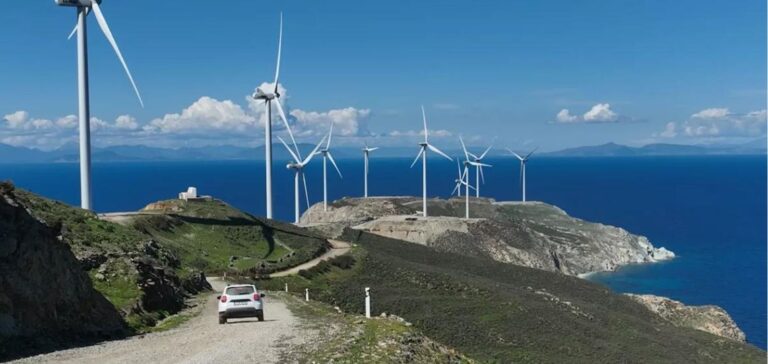The countries of the Western Balkans – Albania, Bosnia-Herzegovina, Kosovo, Montenegro, Northern Macedonia and Serbia – are still largely dependent on coal-fired power plants for their electricity generation. However, these nations are committed to achieving carbon neutrality by 2050. Currently, the contribution of wind and solar power to their energy mix is just 7% (1.5 GW), well below their estimated potential of 23 GW, according to the GEM study.
A call to speed up the transition
The Global Energy Monitor urges the governments of these countries to focus on developing wind and solar projects rather than building new gas-fired power plants. Indeed, the implementation of wind and solar projects could produce four times as much electricity as future gas-fired power plants, while saving billions of euros and avoiding significant carbon emissions.
Serbia leads the way in renewable potential
Of the six countries surveyed, Serbia has the greatest potential for renewable energies, with 47% of the capacity envisaged for the entire region. Despite this, Serbia remains the biggest gas consumer in the Balkans, importing 90% of its requirements from Russia. Along with North Macedonia, it is one of the few countries in the region to use gas to generate electricity.
Controversial gas investments
Despite the renewable potential, some countries such as Albania, Bosnia-Herzegovina, Montenegro and Northern Macedonia are planning to build new gas-fired power plants and associated infrastructure for a total of 3.5 billion euros. The GEM study criticizes the influence of the European Union and the United States in supporting these projects, thereby reinforcing the region’s dependence on fossil gas.
The need for political will
Zhanaiym Kozybay, study co-author and GEM researcher, points out that more political will is needed at local level. It also calls on the EU and the USA to promote the region’s clean energy potential, rather than supporting expensive, polluting gas.
The analysis highlights the importance of turning to renewable energies to ensure a sustainable and economically viable energy transition. The Balkans have the resources needed to reduce their dependence on coal and gas, while meeting their carbon neutrality targets.





















